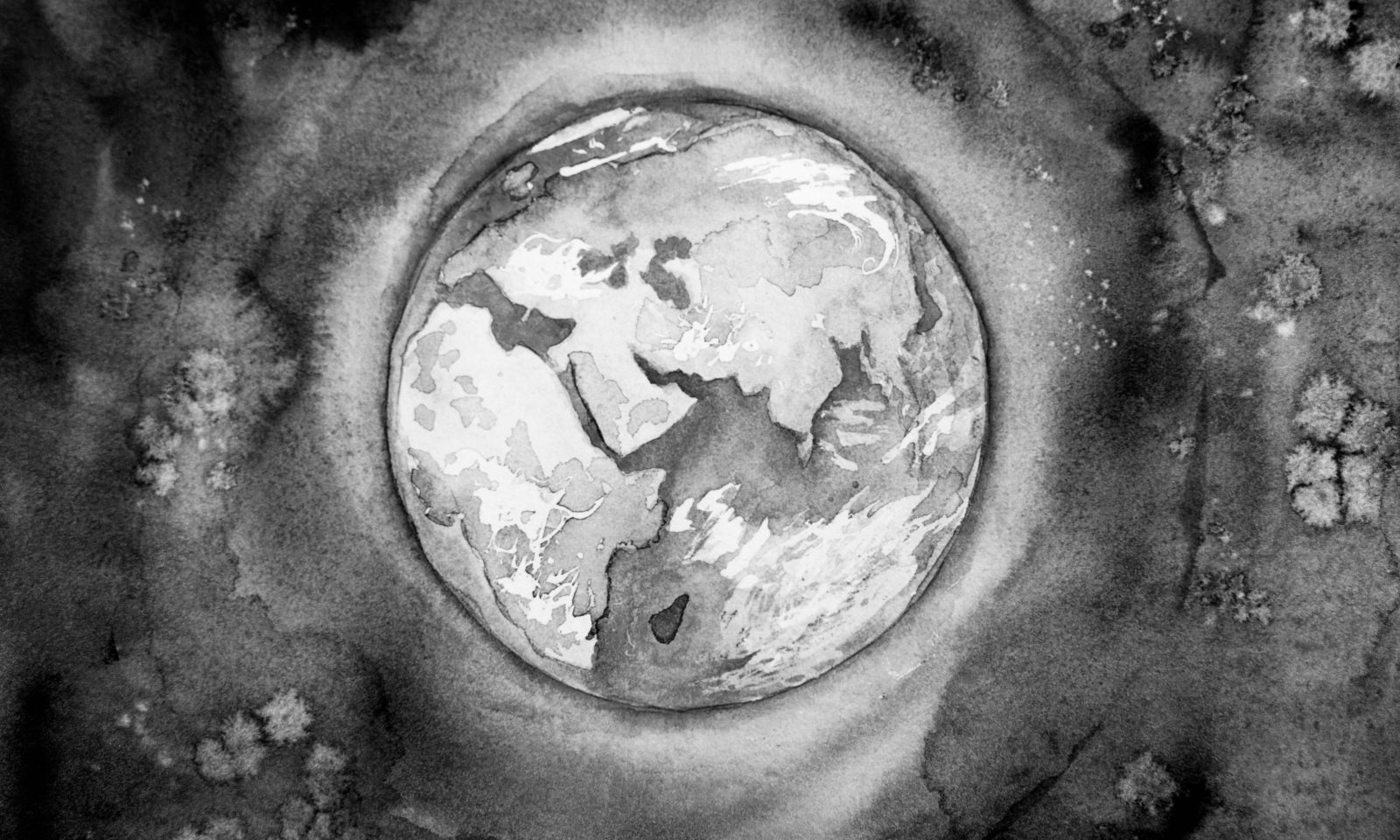World IP Day
The World IP Day has been celebrated on 26 April since the year 2000. On this day, IPI traditionally announces the most remarkable events in the past year, positively or negatively impacting the IP field. Due to extreme circumstances brought upon by the COVID-19 pandemic, the field of IP saw numerous events, initiatives and calls for adaptation being brought forward.
Thus, IPI puts forward the following events as the most noticeable:
- Numerous individuals and organizations representing researchers, educators and students sent an open letter to WIPO, urging for action to be taken in order to ensure that copyright systems in the Member States offer support in tackling the Coronavirus outbreak and its consequences (more in our post “Open letter: WIPO should react to COVID-19 accordingly”);
- LIBER (Association of European Research Libraries) published a statement, calling upon EU Member States’ governments, European Commissioners, publishers, authors and their trade bodies to enable open and remote access to educational and research materials in order to properly react to changes introduced with the new coronavirus pandemic (more in our post “LIBER calls for open access to knowledge during the pandemic”);
- Distant learning and access problems, occurring due to the pandemic, clearly indicated why the new EU Copyright Directive 2019/790 implementation needs to be fast and good (more in our post “Extraordinary conditions show the necessity for fast and good implementation of the new Directive”);
- Strict governmental measures adopted as the answer to the coronavirus pandemic raised important questions, whether the current situation demands that we renounce our privacy rights (more in our post “Fighting the pandemic by renouncing our privacy?”).
Among all, the most noticeable event is the “Open COVID Pledge”, which is already producing tangible results. Under the auspices of Creative Commons, the international coalition of scientists, lawyers, entrepreneurs and individuals organized an “Open COVID Pledge”, calling upon rightsholders to enable open access to their Intellectual Property during the pandemic in order to help curb the virus spread. IPI has already supported the “Open COVID Pledge” (more in our post “Open COVID Pledge”).
We here at IPI hope that everyone gets through these difficult times as soon as possible and that we learn to understand the importance of open access to knowledge and the ability to freely use knowledge for research and education for the benefit of our society as a whole.
The Grand Board of the European Union Intellectual Property Office (EUIPO) finally ruled that the figurative sign ‘COVIDIOT’ cannot be registered as an EU trademark.
The 4th Open Knowledge Day took place on Tuesday 17 October 2023, with an accompanying workshop on 18 October 2023. This year it was organised by the Open Data and Intellectual Property Institute (ODIPI) and supported by Knowledge Rights 21 (KR21).
We invite you to the fourth Open Knowledge Day and the workshop, which will take place this year within the framework of the programme and with the support of Knowledge Rights 21. The event will bring together experts from different European countries to discuss two topics: the first part will deal with the legal basis for data analytics, which is a key part of machine learning and related artificial intelligence, and the general exception for research. In the second part, open science in theory and practice will be presented both in Slovenia and in some Western Balkan countries. Representatives of research and educational institutions from Slovenia and the Western Balkan countries, as well as interested members of the public, are invited to attend.
Dr. Maja Bogataj Jančič, a renowned expert in copyright law, has joined the Berkman Klein Center for Internet & Society at Harvard University, where she will serve as an affiliate researcher for the next two years.





